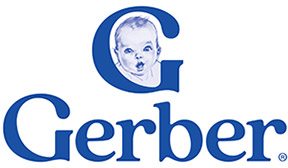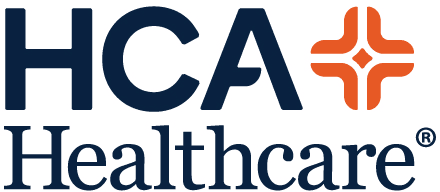MEET CRYSTAL HAYNES COPITHORNE
"I was prepared to fight for my son's life with my body; I wasn't prepared to fight for myself to be seen as a human being": A story of racism in maternal care
BOSTON, MA—On May 5, 2021, Crystal Haynes Copithorne thought she was going to die—and her baby with her. Blood was everywhere as paramedics carried her out of her home at 27 weeks pregnant. Instead of focusing on her critical condition or offering reassurance, they began asking questions that stunned her. Was she from this country? Was the white man standing in the road, watching in horror as she was loaded into the ambulance, her employer?
Struggling to process what was happening, Crystal explained: she was from Springfield, Massachusetts, where her family had lived for generations. She had been a public figure in Boston for over a decade, working in television. She owned that home. And the man outside, terrified for her life, was her husband, Jonathan.
Crystal had suffered a life-threatening hemorrhage due to complete placenta previa, a serious pregnancy complication where the placenta abnormally implants in the lowest part of the uterus, completely covering the cervical opening. This abnormal positioning disrupts the placenta's critical role in exchanging oxygen, nutrients, and waste between mother and fetus, leading to severe, uncontrolled bleeding and putting both lives at risk.
What should have been a moment solely about saving Crystal and her unborn child became a harrowing reminder of the biases Black women face even in their most vulnerable moments. Instead of receiving urgent care and compassion, she had to justify her humanity. "No woman should ever feel like they have to protect themselves while they're trying to protect their baby," Crystal says.
Unfortunately, this wasn't the only instance of racism she experienced that day. At the hospital, a nurse administering drugs to strengthen her son's lungs in case of an emergency delivery referred to an anti-nausea treatment as "ghetto." Turning to Crystal, the nurse remarked, "You know all about that, right?" When Crystal didn't respond, the nurse repeated the comment. Appalled, Crystal asked that the nurse be removed from her care.
For nearly 50 days, Crystal remained hospitalized, fighting not only for her son's survival but also for her own right to be treated fairly and with dignity. "I was prepared to fight for my son's life with my body; I wasn't prepared to fight for myself to be seen as a human being," she reflects.
Crystal's son, James, was born at 35 weeks via Cesarean section. His journey wasn't without challenges. After spending a month in the NICU, he faced an airway defect, severe asthma, and food allergies. But today, James is thriving—a happy child meeting or exceeding all his developmental benchmarks. For Crystal and her family, the story had a happy ending.
But for too many Black women and their babies, that's not the case. Black women in the US are three times more likely to die from pregnancy-related causes than white women, and Black babies face higher risks of preterm birth, complications, and mortality. These disparities are not rooted in biology but in systemic racism, implicit bias, and inequities in healthcare. And every day, families are devastated by these injustices.
"March of Dimes is really such an amazing organization because they stand in the gap for mothers and babies who may not have the resources or the language to advocate for themselves," Crystal says. "That's why we're so excited to support this important cause."
As a March for Babies Ambassador Family, Crystal, along with her husband and son, hopes to unite communities in raising awareness about racial disparities in maternal health. "First and foremost, it's going to be a good time," she says, anticipating the March for Babies walk. "And secondly, I think just being inspired by all of the amazing stories of the other families."
Crystal's personal experience has fueled her passion for addressing maternal mortality and preterm birth, especially in her home state of Massachusetts. "I deserved to be treated like a human being, not defined by my ethnicity or the color of my skin," she says. "I'll continue to fight to make sure that no other mother and no other baby is at risk for any reason."
Events like March for Babies bring people together to raise awareness and funds to tackle America's maternal and infant health crisis. By supporting these efforts, individuals can help improve the health of moms and babies across the country.
Crystal's story also highlights how Black women are often forced to prove their worthiness in spaces where their presence should inherently demand care and attention. The fact that she had to justify her background, career, and homeownership to prove her belonging is both heartbreaking and infuriating. It mirrors a broader societal issue where Black people are continually tasked with justifying their existence and humanity, even when their lives are at stake.



